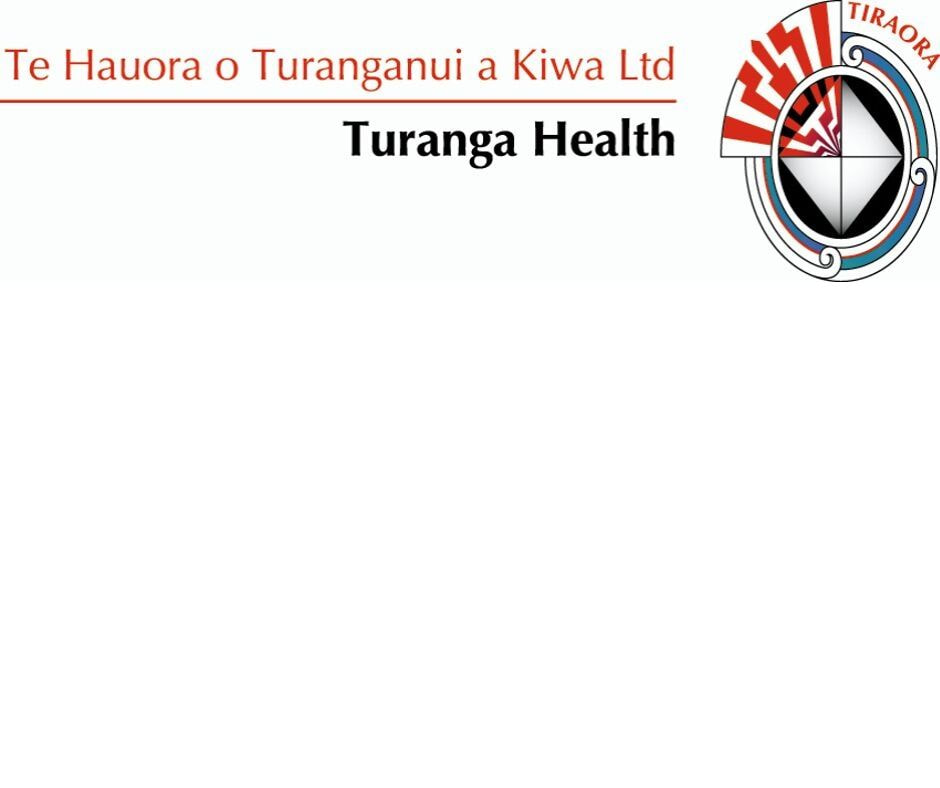 WORKING TOWARDS ACTION: Health and education professionals have come together to develop a community action plan for whanau affected by Foetal Alcohol Spectrum Disorder (FASD). From left are Turanga Health’s community action on youth and drugs co-ordinator (CAYD) Courtney Stubbins, Turanga Health nurse Janneen Kinney, Turanga Health CAYAD’s Waldo Horomia and Gisborne/Tairawhiti social worker, Tania Rauna. Absent is clinical psychologist, Sarah Goldsbury. Picture by Paul Rickard, Gisborne Herald. WORKING TOWARDS ACTION: Health and education professionals have come together to develop a community action plan for whanau affected by Foetal Alcohol Spectrum Disorder (FASD). From left are Turanga Health’s community action on youth and drugs co-ordinator (CAYD) Courtney Stubbins, Turanga Health nurse Janneen Kinney, Turanga Health CAYAD’s Waldo Horomia and Gisborne/Tairawhiti social worker, Tania Rauna. Absent is clinical psychologist, Sarah Goldsbury. Picture by Paul Rickard, Gisborne Herald. This story has been reproduced from the Gisborne Herald. GISBORNE-TAIRAWHITI health and education professionals have come together to develop a community action plan for whanau affected by Foetal Alcohol Spectrum Disorder (FASD). FASD is a brain-based disability that is the result of alcohol consumption during pregnancy. The hui discussed prevention, assessment and diagnosis, workforce development, support for families and the removal of the stigma associated with FASD. Gisborne/Tairawhiti social worker, Tania Rauna, and clinical psychologist, Sarah Goldsbury, have been leading local efforts to spread awareness and information on FASD. They are both passionate about exploring the need to set up local assessment and support services, but are also well aware this is no easy task. Ms Rauna said FASD is a much bigger problem than people are aware of. “We always talk about it as being the one thing no one wants to talk about, and I think if we talked about it more and we admitted it was a bigger problem than P and meth, then maybe the investment in it would be bigger,” said Ms Rauna. Ms Goldsbury said there was clear evidence alcohol is the most damaging of all recreational substances for a foetus. “Most people would be shocked to know that despite the damaging effects of cocaine, heroin, methamphetamine and marijuana, the damage that alcohol does to a developing foetus is far greater than any of those” she said. “Those other substances go into the mother’s lungs or blood stream, whereas alcohol freely crosses the placenta, just as food does. The blood alcohol level of the baby in utero is the same as the blood alcohol level of the mother.” Ms Goldsbury said. Alcohol is also recognised as a teratogen, which is a substance that is particularly toxic to a developing baby’s brain and body. She said alcohol is a huge problem for New Zealand pregnancies, as alcohol consumption was such a big part of how New Zealanders live their daily lives. “New Zealand research has found that 40 to 50 percent of New Zealand pregnancies are unplanned. When you put that together with other New Zealand research that tells us around 70 percent of women in New Zealand drink alcohol prior to pregnancy recognition, the combination is a ticking time bomb for all parts of New Zealand society”. Around 25 percent of New Zealand women have been found to continue to consume small amounts of alcohol after pregnancy recognition, and around 10 percent continue to binge drink”. “There are a number of lucky individuals out there, who have been exposed to alcohol in utero, and grow up apparently the same as everyone else around them. These individuals are blessed — we do not know why some people escape unscathed. But we do know there are more than 4000 research studies proving the link between prenatal alcohol exposure and brain damage.” The women said most of their clients who drank during their pregnancies didn’t know they were pregnant, didn’t know the damage alcohol in pregnancy could cause, or were experiencing high stress situations, mental health difficulties or addiction. “A number of people know it is not recommended to drink in pregnancy, but they may not know that alcohol in pregnancy can cause permanent brain damage for their baby,” Ms Goldsbury said. There is a huge stigma around talking about alcohol use in pregnancy publicly. Women often feel ashamed, embarrassed, and guilty. This is made worse by the judgement that members of the public often espouse, Ms Goldsbury said. “I have so often heard people calling it child abuse and saying that mothers should be charged for drinking in pregnancy. However, the harshest critics are usually the mother’s themselves, when they eventually realise the harm that was inadvertently caused. “We know punitive measures do not stop addictions, we need a rehabilitative approach, and one that takes all blame and judgement away, or mothers will not open-up and share honestly with professionals. “We need to take collective responsibility as a nation for a problem that is a result of our drinking culture, our high mental health and addiction rates, and our high levels of domestic violence, and ask ourselves what we can do differently as a society.” Turanga Health nurse Janneen Kinney said the message given to whanau about alcohol needed to be the same from everyone — midwives, teachers, kaiawhina, doctors, nurses. “Different messages about what is ok causes confusion. All whanau want the very best for their baby. Our community can help whanau to achieve this if the same correct information is given at every opportunity.” Turanga Health’s community action on youth and drugs co-ordinator Courtney Stubbins said children in this district live with the harm from the drinking culture. “A recent study in NZ showed children are exposed to alcohol marketing on average 4-5 times a day. “The rate is five times higher for Maori children and three times higher for Pacifica children. This highlights not only inequity and a lack of regulations but the incredible amount of resources that go into messages aimed at increasing alcohol sales. Estimates show that around $400,000 a day is spent marketing alcohol as fundamental to our lives. Experts say there is no safe level of alcohol consumption during pregnancy. Ms Stubbins said people need to be made aware of the harms of drinking during pregnancy, and that community action is important because we have a shared responsibility. “Stop drinking alcohol if you could be pregnant, are pregnant or are trying to get pregnant,” said Ms Stubbins.
3 Comments
Jason
1/14/2024 05:53:02 pm
I have worked with many FASD teens in my line of work and not every kid has the same symptoms so each case is different than the last one. One of the hardest things would be getting government involved as this would likely have kick back from so many communities .
Reply
Leave a Reply. |
Media Releases
Email us if you want to receive our media releases. Archives
February 2024
|


